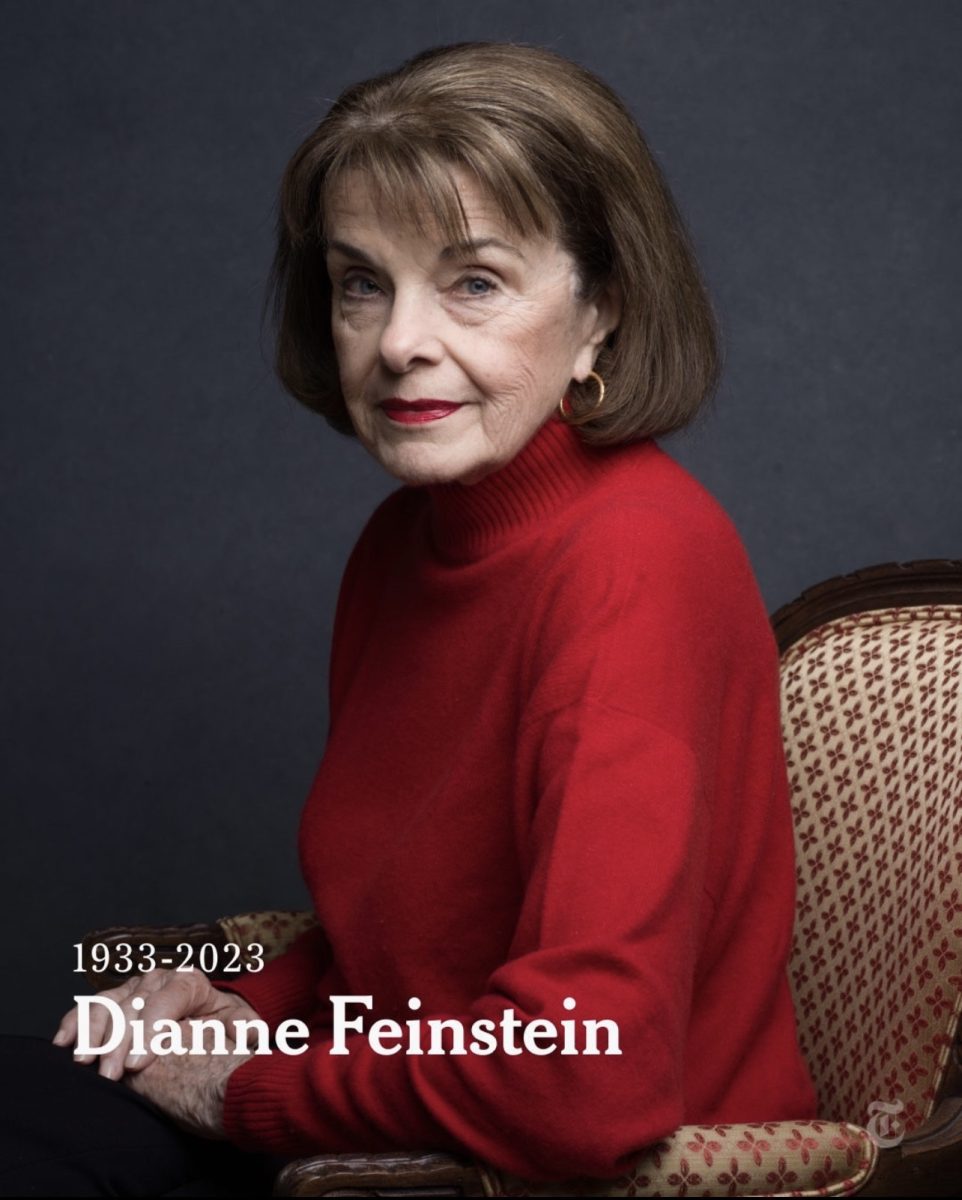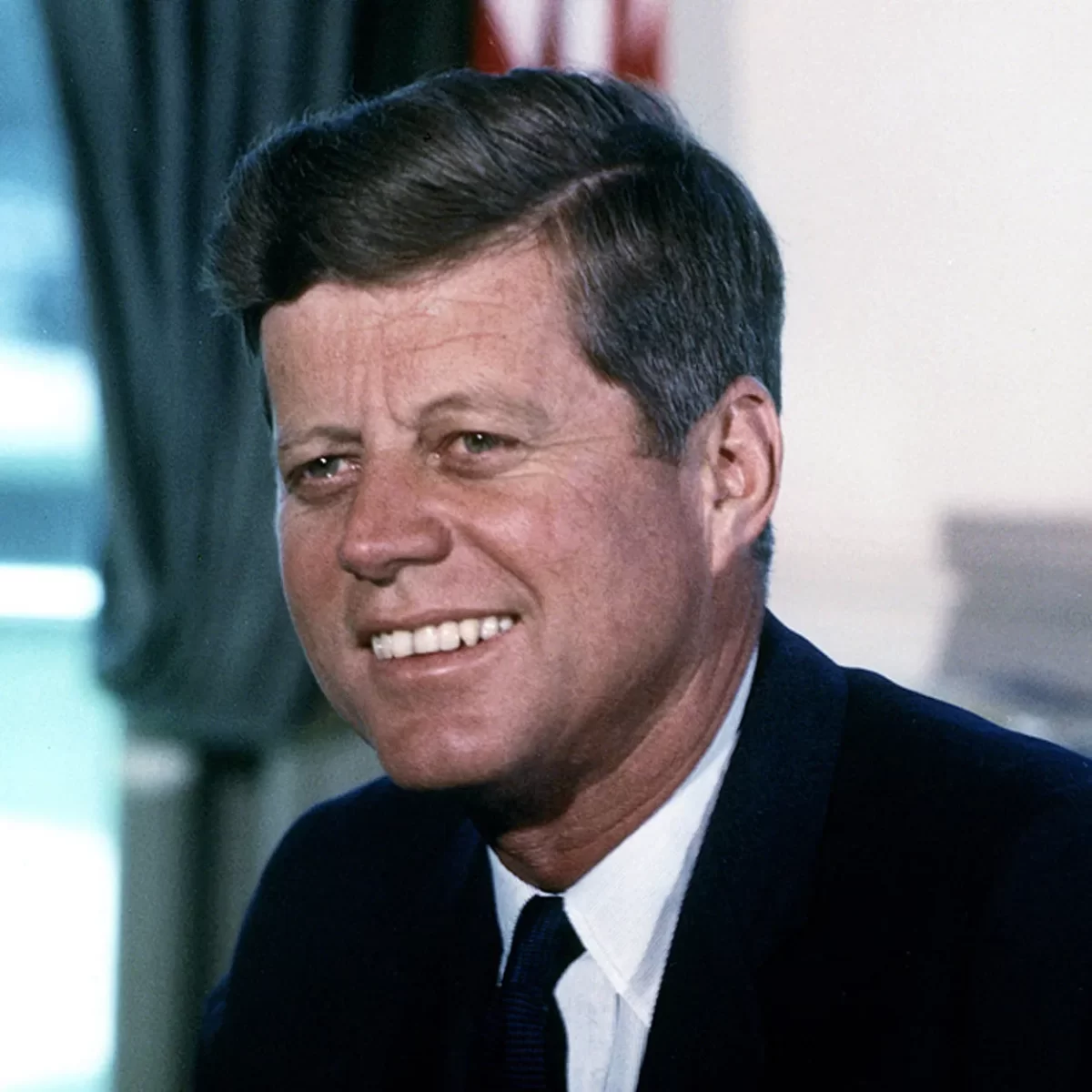California Senator, Dianne Feinstein, passed away on Friday, September 29th, leaving people in awe of her impressive and trailblazing legacy that would permeate the role of women in politics today.
At the start, Feinstein wanted to leave the world of politics behind, assured she would not get elected as San Francisco mayor. She had been elected to the board of supervisors in 1969, becoming its first female president. After attempting to get elected to the mayoral position, she wanted to give up; however, that decision would be made for her after the tragic double-shooting of Mayor George Moscone and fellow City Supervisor Harvey Milk, the city’s first openly gay elected official. She would put her finger in the bullethole to try to find a pulse; later, she stated that it was one of the “hardest moments” of her life.
In November, she would be thrust into the position; subsequently, she would have to serve the rest of Moscone’s term and becoming the first woman to fill the position.
She stepped into that position at an imperative time for the city, having to guide everyone through the AIDS crisis. Years later, Dianne Feinstein would state, “The hatred was so big [in San Francisco] – we really had to bring the bricks of the city together again, and it was difficult.”
She ran for governor in 1990 and narrowly lost; then, after proving to herself that she was “electable” she ran for the Senate in 1992. Feinstein was elected the same night as Barbara Boxer prompting California to have its first two female Senators. Concomitantly, she was sworn into Congress in the “Year of the Woman”—a popular label attached to 1992 politics after the election of various female Senators. She would be the 18th female Senator in U.S. history.
This was redolent of a wave of “…women’s anger at the vicious Republicans and inept Democrats on the white male Judiciary Committee overseeing the Clarence Thomas-Anita Hill hearings. A sexual harasser lied his way onto the Supreme Court, and now he is doing his best to corrupt it,” said Maureen Dowd, a New York Times columnist.
Afterward, she would engender a lot of firsts for women. Senator Feinstein would be the first woman to serve on the Senate Judiciary Committee in 1993, the first woman to chair the Senate Rules Committee in 2007, and the first woman to chair the Senate Intelligence Committee in 2009.
As chair of the Senate Intelligence Committee, she spearheaded the fight in 2014 to release the classified report on U.S. torture in Iraq, Afghanistan, and Guantánamo. This was symptomatic of her fervent belief that government was to be used for the greater good.
Additionally, in her early career, she pushed for a 10-year ban on the manufacture and sale of military-style assault weapons. Feinstein took her role seriously, and although California progressives would criticize her centrist views, she would continue to serve as Senator until she was 90; the longest-serving Senator to represent California and the longest-serving female Senator in U.S. history.
Some criticized her age and remarked that there was a need for term limits in Congress. Senior Emily Kozak noted, “[America] should have wise experienced leaders,” but that at a certain age, they need to be, “let go.”
The legacy of Dianne Feinstein is not a small one and she undoubtedly changed the world for women in politics.



















